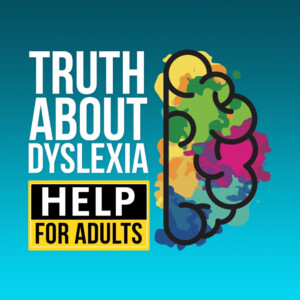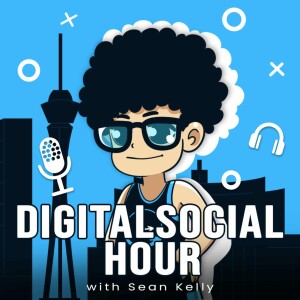

In this podcast episode, Stephen Martin discusses five key indicators that may suggest an adult has dyslexia. He emphasizes the importance of understanding these traits to better support oneself or others who may be dyslexic. The conversation covers storytelling as a common trait, challenges in processing words amidst noise, emotional object permanence, cause and effect disconnect, and quick frustration when interrupted. Stephen also highlights the broader context of neurodiversity and the significance of recognizing these traits for personal growth and improvement.
Takeaways
Many adults discover their dyslexia later in life.
Storytelling is a common trait among dyslexic thinkers.
Processing words in noisy environments can be challenging for dyslexics.
Emotional object permanence affects how dyslexics perceive relationships.
Dyslexics may struggle with cause and effect reasoning.
Quick frustration can occur when a dyslexic person is interrupted.
Neurodiversity includes a range of conditions like ADHD and autism.
Recognizing dyslexic traits can lead to better support and understanding.
Personal growth often comes from understanding one's neurodivergent brain.
Many people may not realize they have a dyslexic brain.
Dyslexia, adult dyslexia, neurodiversity, dyslexic traits, emotional object permanence, storytelling, processing words, cause and effect, frustration, support, ADHD, adults with dyslexia, support for adults.
Join the club
rightbrainresetters.com
Get 20% off your first order
https://addednutrition.com
If you want to find out more visit:
truthaboutdyslexia.com
Join our Facebook Group
facebook.com/groups/adultdyslexia
More Episodes
All Episodes>>Create Your Podcast In Minutes
- Full-featured podcast site
- Unlimited storage and bandwidth
- Comprehensive podcast stats
- Distribute to Apple Podcasts, Spotify, and more
- Make money with your podcast












